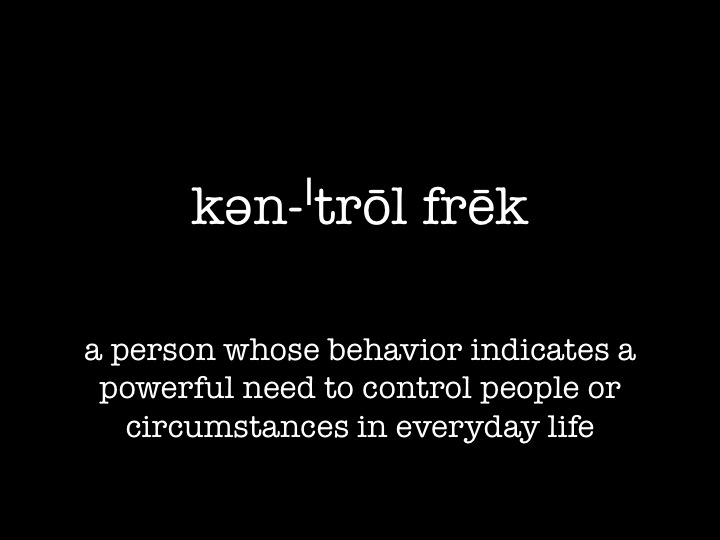 With all the college prep advice, parents rarely ask the question: Should my kids go to college? Parents should never assume that college is the best path for every kid. Today I’m going to examine and discuss five good reasons to go to college.
With all the college prep advice, parents rarely ask the question: Should my kids go to college? Parents should never assume that college is the best path for every kid. Today I’m going to examine and discuss five good reasons to go to college.
College is an expensive and competitive undertaking. The decision to attend should be a thoughtful one. If your child is leaning toward higher education after high school, here are five good reasons to answer the question–Why go to college?
1. To get an education in a rigorous academic environment
College, like anything, is what you choose to get out of it. If you attend class, challenge yourself academically, and explore new interests it can be worthwhile. But, if you skip class, take easy courses, and skate by with the bare minimum of work, it’s not worth your while.
2. To prepare for a career and gain earning potential
A college degree today does not guarantee a job upon graduation. But with some research and proper planning, that degree can increase earning potential over a lifetime. The job market is highly competitive now and a degree in a career that is in high demand can set you apart from the pack. A new study recently released by the Pew Research Group, found those with a college degree now make $17,500 more per year than those without — a wage gap that’s doubled in recent decades. Those without a degree are four times more likely to be unemployed.
3. To pursue a passion
College is a good place to pursue an academic passion. If you know what excites you and know what needs to be done to achieve it, college can help you reach your goal. In this case, the college choice is even more important because you want to find a school that caters to your passion; be it acting, writing, art, politics or even social media.
4. To discover who you are and what you want in life
It may seem like college is an expensive way to find yourself. But coupled with the benefits of academics and experiences while attending, it’s an excellent place to explore interests and find what you want to do in life. Not every student knows when they enter college what they want to do, and for these students, it’s an opportunity to expand horizons and find their passion.
5. To develop a network of friends and contacts
After college, graduates will be entering the job market. The contacts and friends you meet while in college will offer you networking opportunities that will help you in your job search. Alumni, fellow students, and faculty can all help with professional contacts and job opportunities.
Any one of these is a good reason to go to college. But all five of them means your student is ready to take the plunge into the college world






 Believe it or not colleges want to know you are interested in attending. This interest will have an effect on their offers of admission. If they give you a coveted “accepted” slot, it only makes sense that those slots will go to the students who demonstrate interest. They are selling a service and they want interested customers, not casual shoppers.
Believe it or not colleges want to know you are interested in attending. This interest will have an effect on their offers of admission. If they give you a coveted “accepted” slot, it only makes sense that those slots will go to the students who demonstrate interest. They are selling a service and they want interested customers, not casual shoppers.

